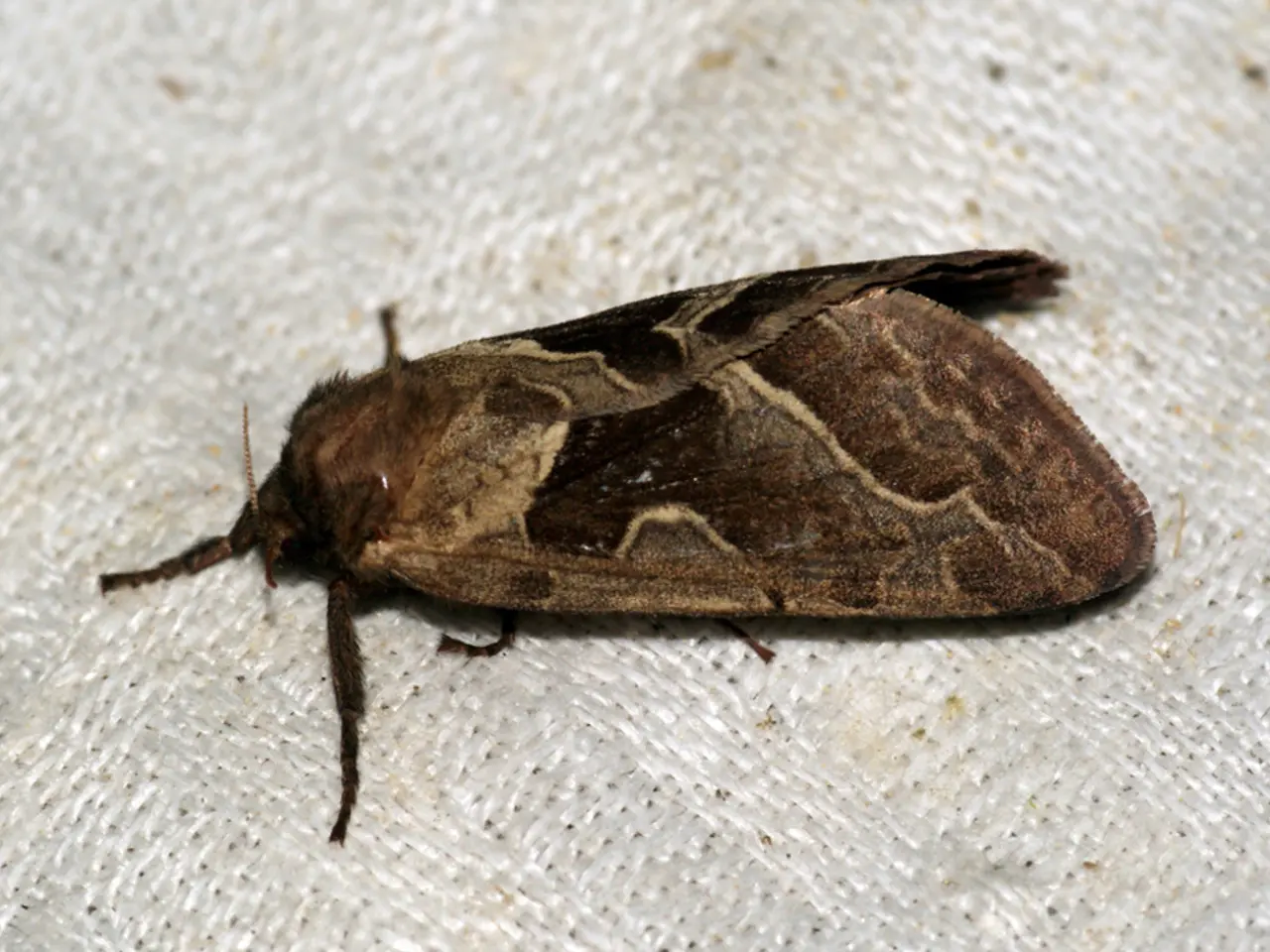Bug Bites: When to Worry About Serious Health Issues
Be cautious of bug bites, as they can sometimes lead to serious health issues. While most bites resolve with home remedies, others may require immediate medical attention. Here's what to look out for.
Lymphangitis, an inflammation of the lymphatic vessels, can occur after a bug bite. It's characterized by red streaks extending from the bite, enlarged lymph nodes, fever, headache, and chills. Although insects don't directly cause lymphangitis, they can act as vectors for bacteria like Streptococci or Staphylococci, which can lead to the condition.
Some bug bites may trigger allergic reactions, causing local inflammation. However, these are not the same as lymphangitis. Certain insects, like filarial worms transmitted by infected mosquitoes, can cause chronic diseases like lymphoedema or elephantiasis, but not acute bacterial infections.
Seek immediate medical help if you experience symptoms of anaphylaxis, such as difficulty breathing or loss of consciousness. If you develop red skin streaks, worsening pain, or signs of sepsis, seek urgent medical attention. Cellulitis, a bacterial skin infection, can also spread from a bite, causing fever and swollen lymph nodes.
Lyme disease, a bacterial infection transmitted through tick bites, can cause a bull's-eye-shaped rash, fever, headache, and joint pain. If you notice signs of a systemic infection, worsening pain, or if the infection doesn't improve with over-the-counter treatments, contact your doctor. Impetigo, a contagious skin infection, can also develop from bug bites, causing oozing and crusting sores.
Infected bug bites can cause redness, swelling, pus, fever, chills, and other symptoms. If you notice these signs, or if the bite area spreads or worsens, seek medical attention. Antibiotics may be necessary to treat the infection.







